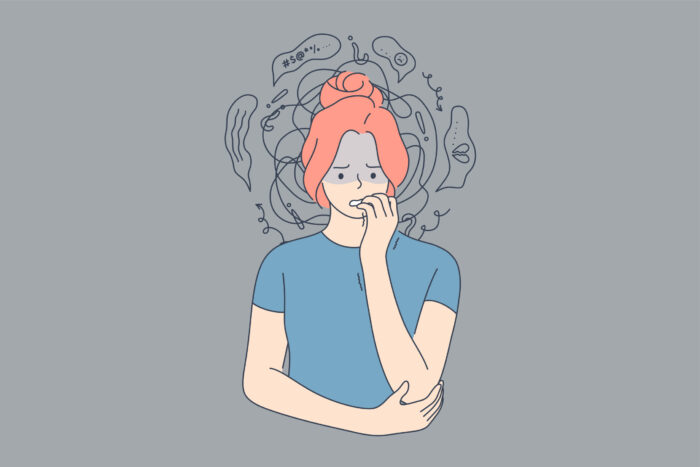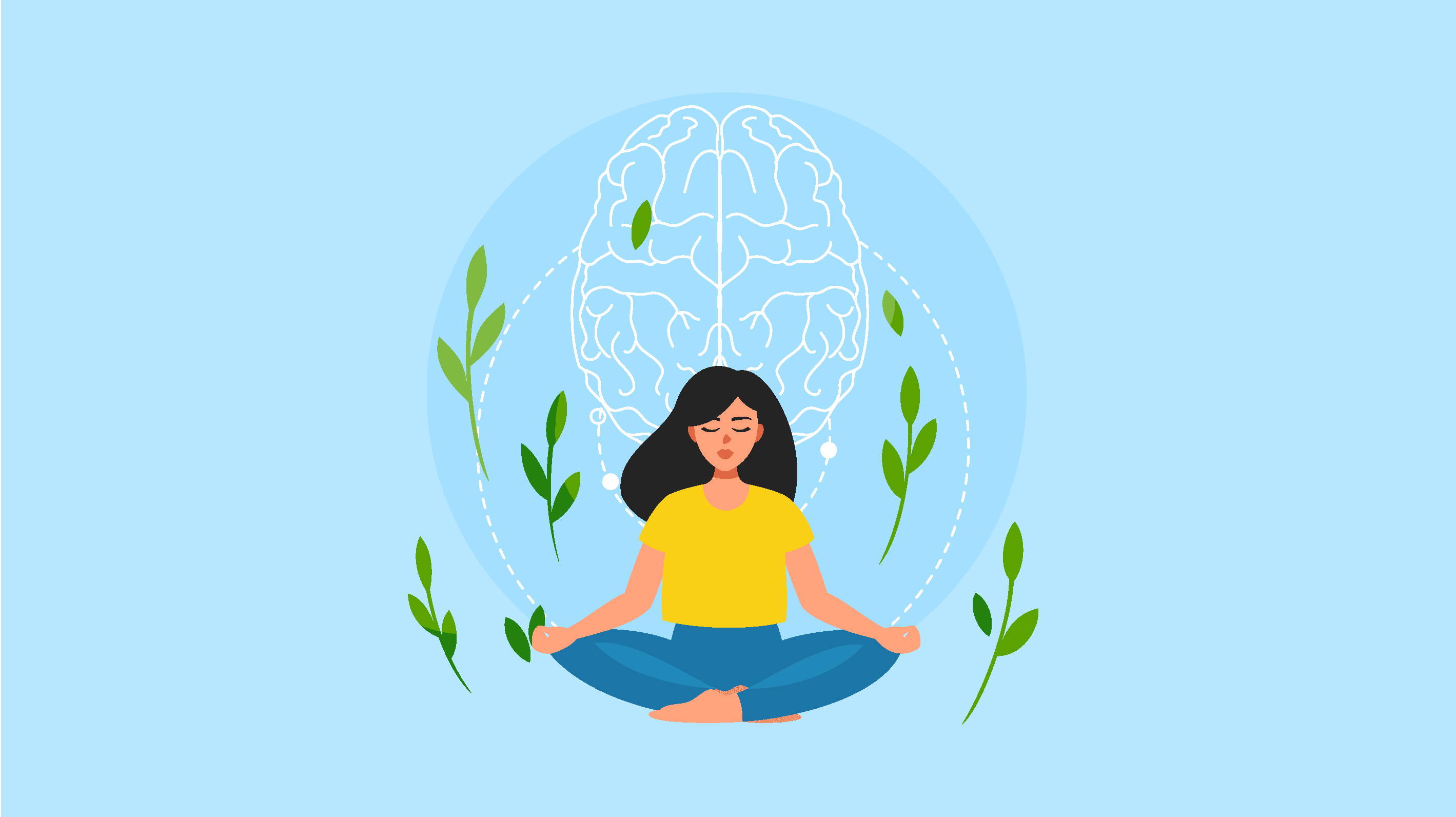Methamphetamine, commonly known as meth, is a powerful stimulant that has a profound impact on the brain and body. Its use can lead to severe addiction, which often co-occurs with various mental health disorders. Understanding the relationship between meth addiction and co-occurring disorders is crucial in addressing the root causes and providing effective treatment. This relationship is often described as a “chicken or the egg” scenario: which came first, the addiction or the mental health disorder? Is there a way to find out?
The Interplay Between Meth Addiction and Co-Occurring Disorders
Meth addiction and mental health disorders frequently coexist, creating a complex web of symptoms and behaviors that are challenging to untangle. Individuals struggling with meth addiction may develop mental health issues such as anxiety, depression, and psychosis. Conversely, those with pre-existing mental health disorders might turn to meth as a form of self-medication, leading to addiction.
The Role of Meth in Mental Health Disorders
Methamphetamine’s impact on the brain’s chemistry can exacerbate or even trigger mental health disorders. According to the National Institute on Drug Abuse (NIDA), chronic meth use can lead to significant changes in brain structure and function, particularly in areas involved in emotion and memory. These changes can result in severe psychological symptoms, including paranoia, hallucinations, and violent behavior.
Another study published in the Journal of Psychiatric Research found that meth users are significantly more likely to experience mental health disorders compared to non-users. The study revealed that 41% of meth users met the criteria for a mental health disorder, with depression and anxiety being the most common.
Self-Medication and Meth Addiction
Many individuals with mental health disorders turn to meth as a way to cope with their symptoms. The temporary euphoria and increased energy levels provided by meth can offer a short-term escape from feelings of depression, anxiety, and other mental health issues. However, this relief is fleeting and often leads to a vicious cycle of addiction and worsening rather than improving mental health.
Individuals with untreated mental health disorders are more likely to engage in substance abuse as a form of self-treatment. This behavior can lead to the development of a substance use disorder, further complicating the individual’s mental health.
The Need for Continued Research
While significant progress has been made in understanding the relationship between meth addiction and co-occurring disorders, we need more research to get to the bottom of this problem. Continued studies will help develop more effective treatment strategies and improve outcomes for individuals struggling with these co-occurring issues.
The Importance of Integrated Treatment
Given the intricate relationship between meth addiction and mental health disorders, integrated treatment approaches are essential. Treating one issue without addressing the other is often ineffective and can lead to relapse. Comprehensive treatment plans that include both addiction treatment and mental health care offer the best chance for long-term recovery.
One effective approach is the use of cognitive-behavioral therapy (CBT). This therapy is beneficial for both addiction and mental health disorders. CBT helps individuals identify and change negative thought patterns and behaviors, providing healthier coping mechanisms.
Another critical aspect of treatment is medication-assisted treatment, also known as MAT, which can help manage withdrawal symptoms and reduce cravings. It is essential to note that meth withdrawal entails professional help to ensure safety and effectiveness. Programs offered at various rehabilitation clinics provide comprehensive care that addresses both addiction and co-occurring mental health disorders.
Understanding When to Act
Whether it’s meth addiction or any other type of addiction, it might be hard for those struggling with it to realize how badly they need help. Addiction often clouds judgment, making it difficult for individuals to recognize the extent of their problem. The grip of methamphetamine can be so tight that those affected might downplay the severity of their situation, believing they can quit on their own or that their usage isn’t as problematic as it truly is.
Often, it falls on their closest friends and loved ones to help them make sense of their addiction. Loved ones are usually the first to notice the drastic changes in behavior, mood, and physical health that accompany meth addiction. They may observe the deterioration of relationships, job performance, and overall quality of life, which the individual might be blind to. However, this role is incredibly challenging and delicate; it requires compassion, patience, and firmness. Interventions, open conversations, and continuous support are crucial steps you can take to encourage addicted friends or family members to seek professional help. By recognizing the signs of addiction and understanding the importance of early intervention, loved ones can play a pivotal role in guiding individuals toward recovery.
Recovery Options
If you or a loved one is struggling with meth addiction, it is vital to seek professional help. Professional treatment programs can provide the structure, support, and medical supervision necessary to manage withdrawal symptoms and reduce the risk of relapse. Personalized programs in reputable treatment centers offer the integrated treatment necessary to address both meth addiction and co-occurring disorders. At Bright Futures Treatment Center, a renowned rehabilitation facility, you can find individually tailored holistic programs for dual diagnosis that have helped more than 12,300 people so far. With the help of their dedicated team of professionals who offer compassionate care and effective treatment plans, lasting recovery becomes significantly more achievable.
The Role of Support Systems in Recovery
Support systems, including family, friends, and support groups, play a crucial role in the recovery process and help with returning to normal after addiction treatments. These systems provide emotional support, encouragement, and accountability, which are vital for maintaining sobriety and managing mental health.
Family therapy can be particularly beneficial, as it helps repair relationships damaged by addiction and teaches family members how to support their loved ones in recovery. Support groups such as Narcotics Anonymous (NA) offer a community of individuals who understand the challenges of addiction and provide mutual support.
Conclusion
The relationship between meth addiction and co-occurring disorders is complex and multi-layered. Whether the addiction or the mental health disorder came first, it is clear that these issues are deeply intertwined. Effective treatment requires a comprehensive approach that addresses both addiction and mental health, providing individuals with the best chance for recovery.








Leave a Reply
You must be logged in to post a comment.